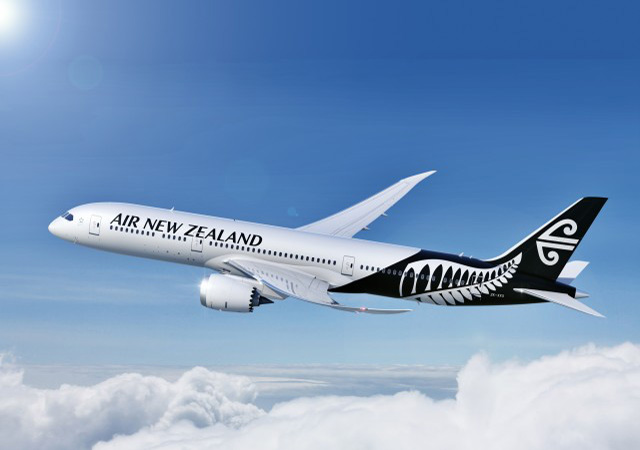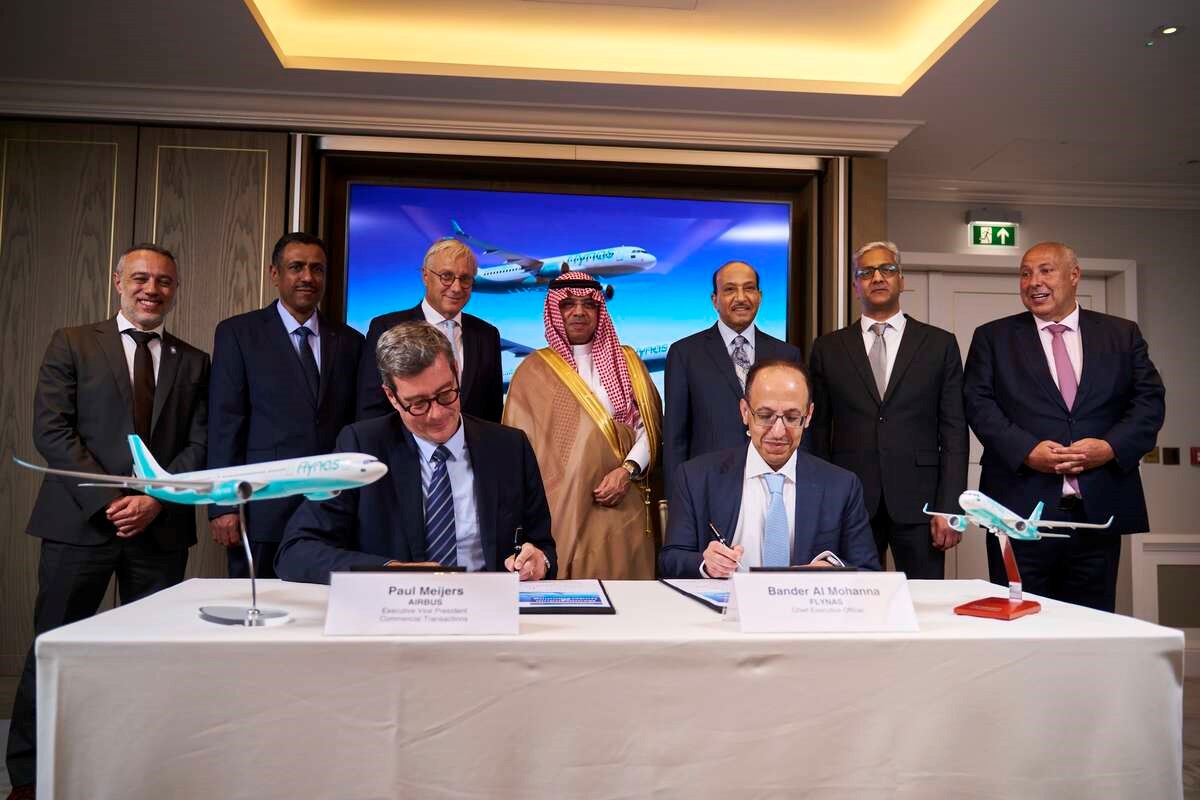Air New Zealand to axe Vietnam, suspend Tokyo flights
23 September, 2018
3 min read
By joining our newsletter, you agree to our Privacy Policy


Air New Zealand will stop flying to Vietnam next year and is suspending flights to Tokyo’s Haneda Airport to protect itself against “unexpected disruptions”.
It will also reduce frequencies to Argentina and its recently opened route to Tapei as it grapples with a global problem affecting Rolls-Royce Trent 1000 engines powering its Boeing 787 Dreamliners.
The airline has been flying to Vietnam on a seasonal basis since 2016 and had already reduced the frequency from three flights to two a week.
The changes were outlined in a letter from AirNZ boss Christopher Luxon to customers apologizing for what he labeled "an incredibly challenging year".
Luxon acknowledged that many of the airline’s customers had experienced disruptions and delays, rescheduled flights, unexpected aircraft replacements and overcrowded lounges.
While there had been unexpected problems with weather and a ruptured pipeline, Luxon said the biggest issue had been the unscheduled maintenance issues with the Rolls-Royce engines powering its Boeing 787 Dreamliner’s.
Air New Zealand has been caught up in a problem with Trent 1000 package C engines that has caused increased checks and maintenance affecting airlines worldwide.
READ: Trent troubles to cost Rolls-Royce at least £1 billion.
“This has meant that at any time up to five of our 13 787 Dreamliners must be grounded while the engines are serviced in Singapore,’’ Luxon said.
“This has placed significant pressure on our whole interconnected network of over 3,500 weekly flights and I will be meeting with Rolls Royce management in London in a few weeks to further seek personal reassurance that all is being done to get our affected engines back in service as soon as possible.”
The Kiwi carrier has leased three aircraft to offset the Dreamliner engine problems and staffed them with Air New Zealand crew, food and beverages.
“We will also further protect ourselves from unexpected disruptions by stopping flying to Vietnam next year, suspending our services to Haneda in Tokyo and slightly reducing our frequency to Argentina and Taipei,’’ Luxon said.
“These are big decisions to make but are vital to free up capacity and let us concentrate on delivering a better experience across the board.”
Air New Zealand has also been struggling with increased traffic at airports due to what Luxon said was underinvestment by airport operators as well as long wait times at its call centers.
The airline is adding 80 additional call center staff to cope with the wait times and is talking to airport chief executives to try and accelerate needed improvements.
It had also invested in a lounge redevelopment program in Auckland and has upgrades planned at Wellington and several regional airports, Luxon said.
Next Article
2 min read
Qantas triples profit but misses mark

Get the latest news and updates straight to your inbox
No spam, no hassle, no fuss, just airline news direct to you.
By joining our newsletter, you agree to our Privacy Policy
Find us on social media
Comments
No comments yet, be the first to write one.
